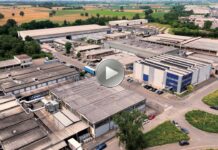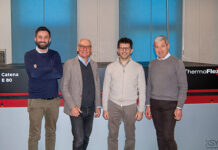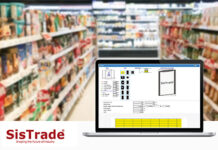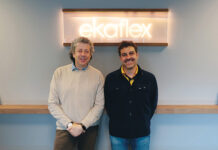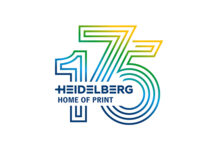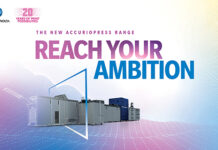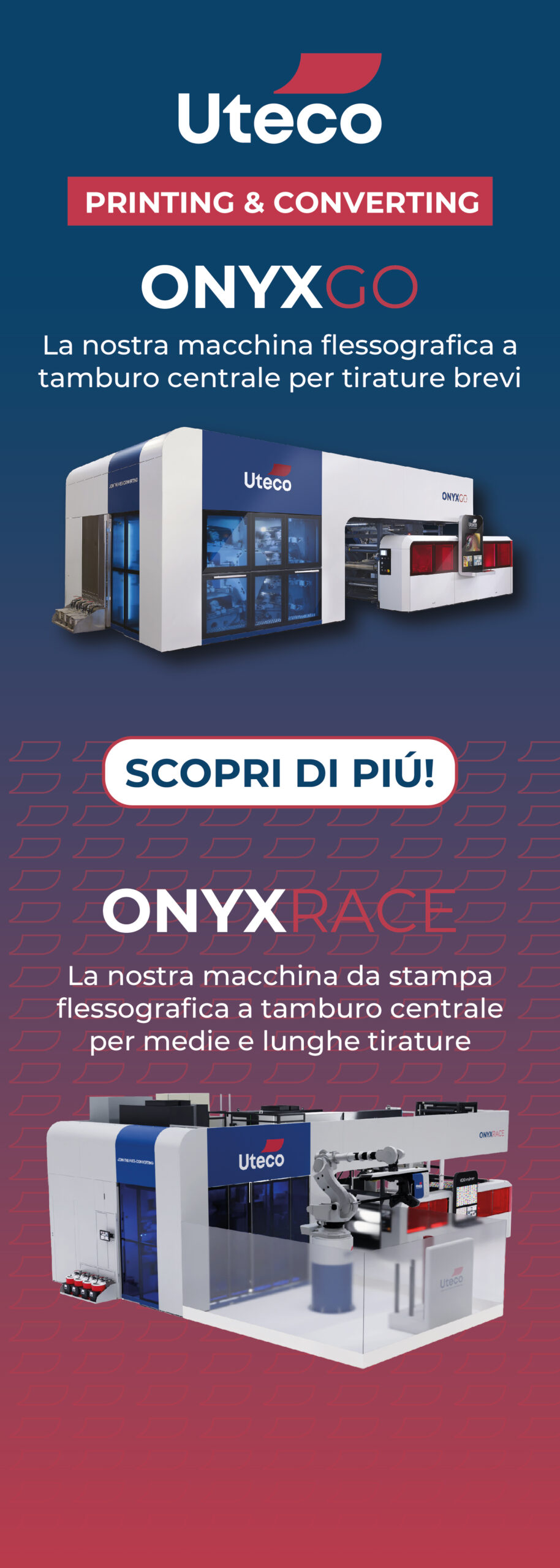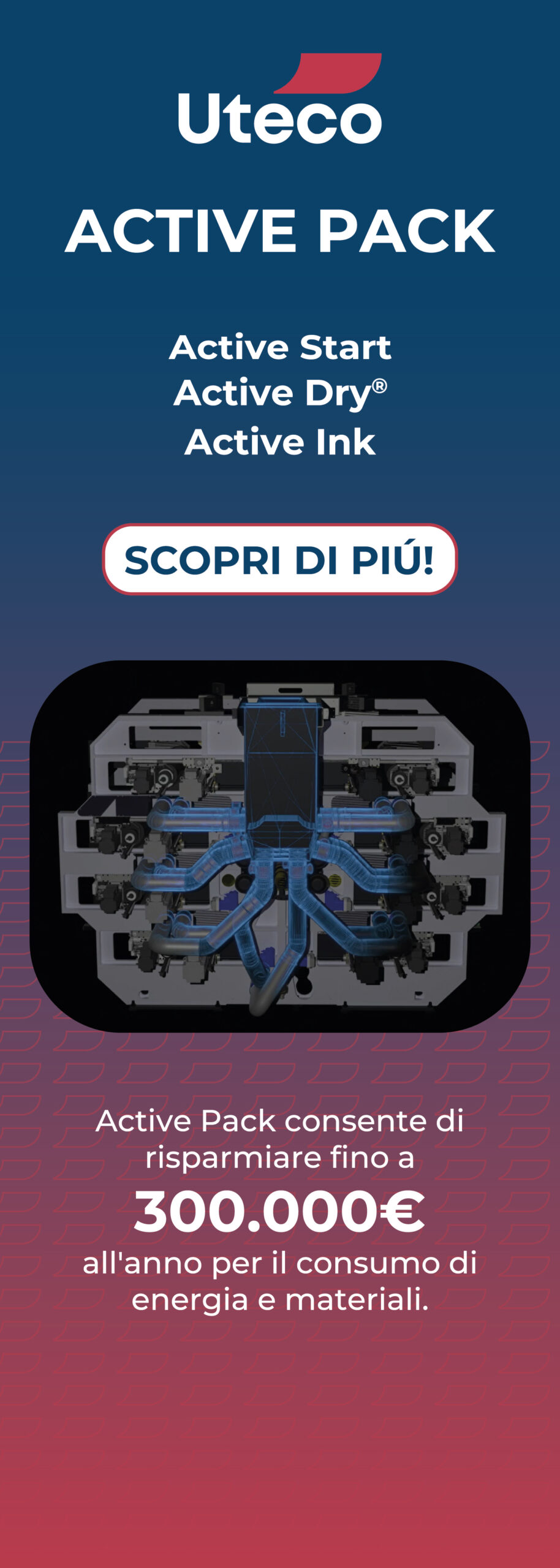Companies must change and face the great challenges related to climate change, ecological transition, Co2 emissions, while continuing to grow, therefore integrating economic success with a significant reduction in environmental impact.
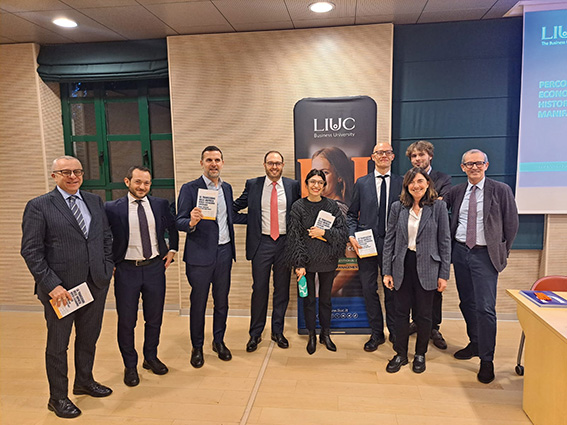
At an international level, we recall the seventeen Sustainable Development Goals defined by the United Nations in the 2030 Agenda or the EU Taxonomy, which aims to guide investment decisions towards a more sustainable direction and therefore accelerate the transition to a circular economy in Europe. The new European Directive EU 2464/2023, also known as the Corporate Sustainability Reporting Directive (CSRD), is part of the European Green Deal with the aim of pushing companies in the Union towards greater transparency and responsibility of their activities with respect to ESG criteria – Environmental, Social and Governance.
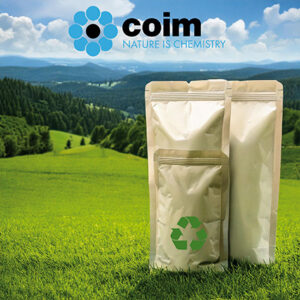
In 2023, Europe set itself the goal, in relation to climate, energy, and transport, of reducing net greenhouse gas emissions by at least 55% by 2030 compared to 1990 levels and becoming climate neutral by 2050 with a net-zero greenhouse gas emissions economy (Council of the European Union, 2023).
And companies are directly involved in this process of change, they must innovate their production models, materials management, but also marketing, giving value to what they offer precisely by virtue of the commitment made to propose sustainable products and the result of real collaborations between the various production chains.
To contribute concretely with practical examples of sustainable development and circular economy, the idea of the book “The transition of companies towards the circular economy – good practices and enabling factors” was born, realized by Liuc University of Castellanza. The selection of companies was carried out by the Green Transition Hub in conjunction with EY, donor of the initiative. The Green Transition Hub is the competence center of Liuc University that develops applied research and consultancy projects from which it generates results of scientific and practical value, involving companies, stakeholders and citizens.
The volume presents concrete cases: the study conducted by researchers and professors of Liuc University explored how 12 manufacturing companies have managed to integrate the fundamental aspect of circularity into their activities, to respond to an increasingly urgent environmental need. These are the companies involved: Carcano Antonio, Clerici Tessuto, COIM Group, Comerio Ercole, ICAM, IGOR, Itelyum, Lamberti, Mazzucchelli, Novamont, Vibram and Yamamay. A chapter is dedicated to each company, in which good practices are described in detail, examples of sustainability that also aim at circularity practices. The purpose of the book is to show virtuous examples of sustainability, specifically case studies of companies in the Lombardy region that can serve as models for other companies. The book will be distributed free of charge during the events dedicated to its presentation, while it is already possible to purchase it online.
Sustainability and innovation
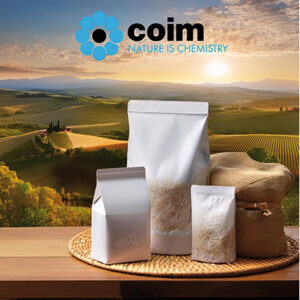
COIM Group is an Italian multinational that develops, produces and markets specialty chemicals for the manufacturing industry worldwide, ensuring a local presence through 19 companies – including 9 specialized production and R&D sites – in Italy, Singapore, India, USA, Brazil, Spain, Austria and the Netherlands. Over 1,350 specialized collaborators are committed daily to interpreting and satisfying customer expectations with three main product families: polyesters and polyols; PU C.A.S.E. (Polyurethane-based Coatings, Adhesives, Sealants, Elastomers); polyesters and special resins.
COIM was selected because it adopts a systematic approach to sustainability through the SOI (Sustainability-Oriented Innovation) paradigm, developing solutions to reduce environmental impact, promote the circular economy and people’s well-being. In this context, COIM has demonstrated its unwavering commitment to sustainable development thanks to the implementation of long-term strategies.
COIM’s approach to sustainability is integrated (environment, economy and society), but open on the product development front. It takes into account the different opportunities with which sustainable policies can be developed: raw materials from biological sources, recycled raw materials, biodegradable and compostable systems, low VOC systems, control and reduction of CO2 emissions throughout the supply chain and downstream recovery of finished products for PU recycling. The innovations are also sustainable from the point of view of use: they can be used by converters without modifying production processes or equipping themselves with new machinery. Customers can also request integrated and customized solutions, thus achieving maximum efficiency in procurement, use and performance.





